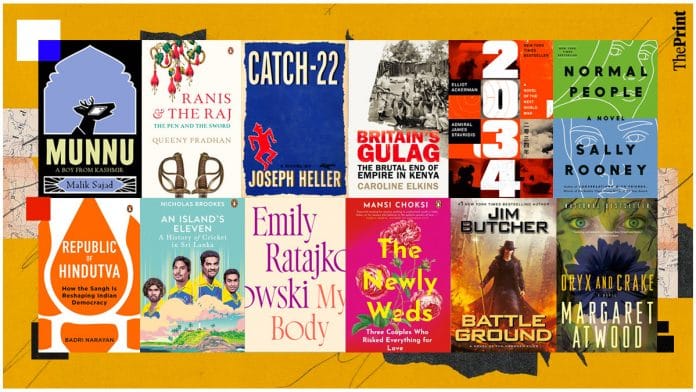Editors at ThePrint nurture an interest in reading that goes beyond their own domains. From policy, economics, politics, culture to fantasy, here are some of the best books they read this year.
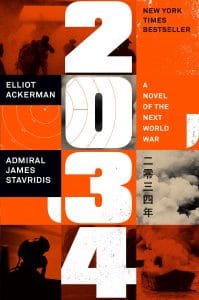 2034: A Novel of the Next World War by Elliot Ackerman and Admiral James Stavridis
2034: A Novel of the Next World War by Elliot Ackerman and Admiral James Stavridis
Former NATO commander Admiral James Stavridis is among the more provocative global strategic affairs columnists, and I follow him closely. This year, Vladimir Putin invaded Ukraine, the Chinese did their tamasha with Taiwan over Nancy Pelosi’s visit, and the plot doesn’t look too unreal. Lesson: Big powers must learn to question, be critical of themselves. You can’t dream of becoming a big power while all that your military writing does is celebrate wars you won a generation ago: Shekhar Gupta, Editor-in-Chief.
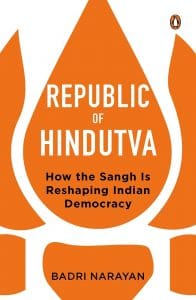 Republic of Hindutva by Badri Narayan
Republic of Hindutva by Badri Narayan
The book is a must-read for those who want to understand how the RSS works on the ground, winning goodwill through seva, and building on it to spread Hindutva. Narayan’s field research brings insightful findings: That the RSS’ desire for religious identity is interwoven with social respect. Sangh’s seva during the pandemic earned it the trust of the ‘fear-induced bio-public’, which can be transformed into the ‘Hindutva public’ once normalcy returns. You can’t but agree with the author’s assertion that the RSS is morphing day by day: D.K. Singh, Political Editor.
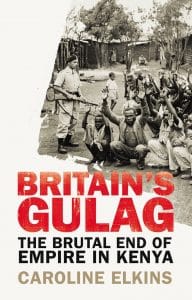 Britain’s Gulag by Caroline Elkins
Britain’s Gulag by Caroline Elkins
Elkins’ book—which builds on her path-breaking work on the British Gulags in Kenya—studies the racialised imperial doctrine that underpinned control of its colonies. By examining the Boer War, the Irish War of Independence, uprisings in India, Iraq, and Palestine as well as British rule in Cyprus, Malaya, and Kenya, Elkins shows that brutal coercion was essential to the survival of the empire. The author also exhumes how Britain sought to destroy incriminating evidence of its practices as it withdrew from its colonies: Praveen Swami, National Security Editor.
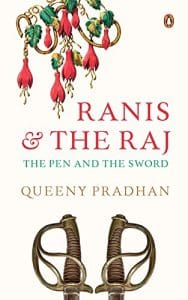 Ranis & The Raj by Queeny Pradhan
Ranis & The Raj by Queeny Pradhan
The book is an important contribution to women’s history. It took me beyond the staple characters of Rani of Jhansi and Razia Sultan and introduced me to other important and influential 19th-century figures like Rani Chennamma of Kittur, Rani Guleri of Sirmur, and Rani Jindan of Punjab. For too long, queens were celebrated only as warriors, and the many other ways they exerted power and strategy were ignored. The book also delves into the often unfortunate and politically loaded historiography of queens written by British colonial historians: Rama Lakshmi, Opinion & Features Editor.
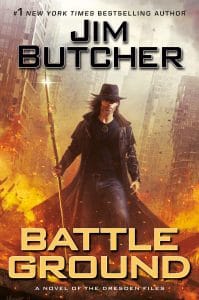 Battle Ground by Jim Butcher
Battle Ground by Jim Butcher
The real world has been a pretty grim place in the last few years, and so, when I read for leisure, it’s usually fantasy that I choose. While a lot of it is aimed at young adults, Battle Ground takes the hero on a journey full of tropes that only weary adults will fully appreciate. The protagonist is a swashbuckling wizard detective based in Chicago who has to save the world from the ravages of an enraged Titan. Written in the first person, the book and series is a hilarious, often grim tale of love, loss, and the ravages of magical war. A very fun read!: TCA Sharad Raghavan, Economy Editor.
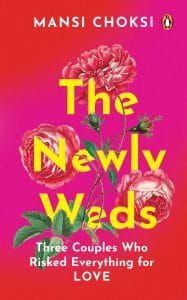 The Newly Weds by Mansi Choksi
The Newly Weds by Mansi Choksi
For the first time in years, I didn’t read a classic, although Virginia Woolf’s Jacob’s Room was on my list. Instead, I turned to debut authors and fell headlong into the fraught world of love in small-town India. Mansi Choksi skips traditional tropes to delve into the lives of men and women whose love defies the shackles of caste, class, and gender. But even love bitterly fought for doesn’t always have a happy ending: Anjali Thomas, Deputy Features Editor.
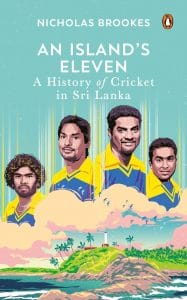 An Island’s Eleven by Nicholas Brookes
An Island’s Eleven by Nicholas Brookes
Most fans of the game know the rise of Sri Lankan cricket from 1996 onwards, the year they became world champions. Nicholas Brookes takes you back on the road that had led the Lankans to become world beaters. A well-deserved chronicle that traces the game’s humble origins, its evolution in the island nation, its people, and the players behind: Anurag Chaubey, Senior Assistant Editor.
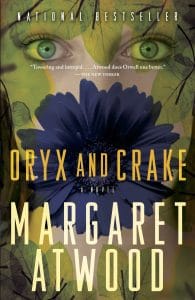 Oryx and Crake by Margaret Atwood
Oryx and Crake by Margaret Atwood
The richness in Oryx and Crake doesn’t simply come from its lonely character piecing together his own past and the world gone horribly wrong around him. It’s also in the quiet, sad realisation that humankind’s scientific misadventures are always one step closer to grief and grave. This fictional tale of a dystopian world feels incredibly alive and recent in a (post?)-Covid society. Will we keep engineering our way into apocalypses? Perhaps: Prashant, Senior Assistant Editor.
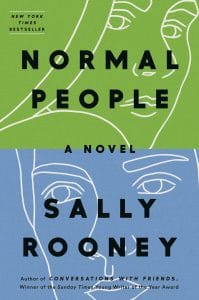 Normal People by Sally Rooney
Normal People by Sally Rooney
Normal People is an on-and-off love story of two teenagers, beautifully narrated with an element of tenderness. The characters are well-developed; the way miscommunication, egotism, separation, and reconnection are fleshed out is something I hadn’t come across in a long time. The writing style is quite refreshing too. A pleasant, easy read, the novel will take you on a detour through your own high school and adulthood memories: Tarannum Khan, Senior Copy Editor.
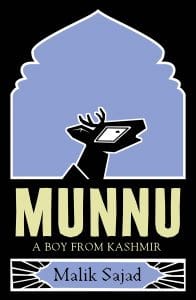 Munnu by Malik Sajad
Munnu by Malik Sajad
I wasn’t a huge fan of graphic novels. Not until a friend gifted me a copy of this book. Beautiful and heart-breaking, it tells the story of young and innocent Munnu, a seven-year-old deer living in conflict-ridden Kashmir. Sajad’s artwork only adds emotional depth, his running strokes indicating turmoil, blending text with image to drive the point home: Zoya Bhatti, Copy Editor.
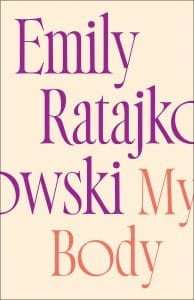 My Body by Emily Ratajkowski
My Body by Emily Ratajkowski
The book is equal parts expose, essay, and autobiography. It is amazing how the author takes agency of her story and body by being completely vulnerable in her writing. A must-read if one really wants to understand the perks and perils of being a public figure whose body is constantly under scrutiny. Ratajkowski gives it straight to all her violators, even the reader: Ratan Priya, Copy Editor.
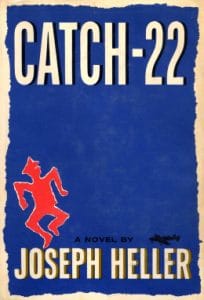 Catch-22 by Joseph Heller
Catch-22 by Joseph Heller
This is a novel you read when you’re at your worst. Set in the gory, ugliest moments of World War II, Catch-22 has everything a modernist work should: Agony, desire, survival, lust. While it plunges you into the hard world of military madness, you come out of it more human—it’s nothing like a Woolf or Joyce that leaves your limbs hanging. Heller’s novel rips you apart but bandages the few remaining vestiges of humanity, both in its characters and the reader. A heartache in the middle of an orgy: Humra Laeeq, Copy Editor.



